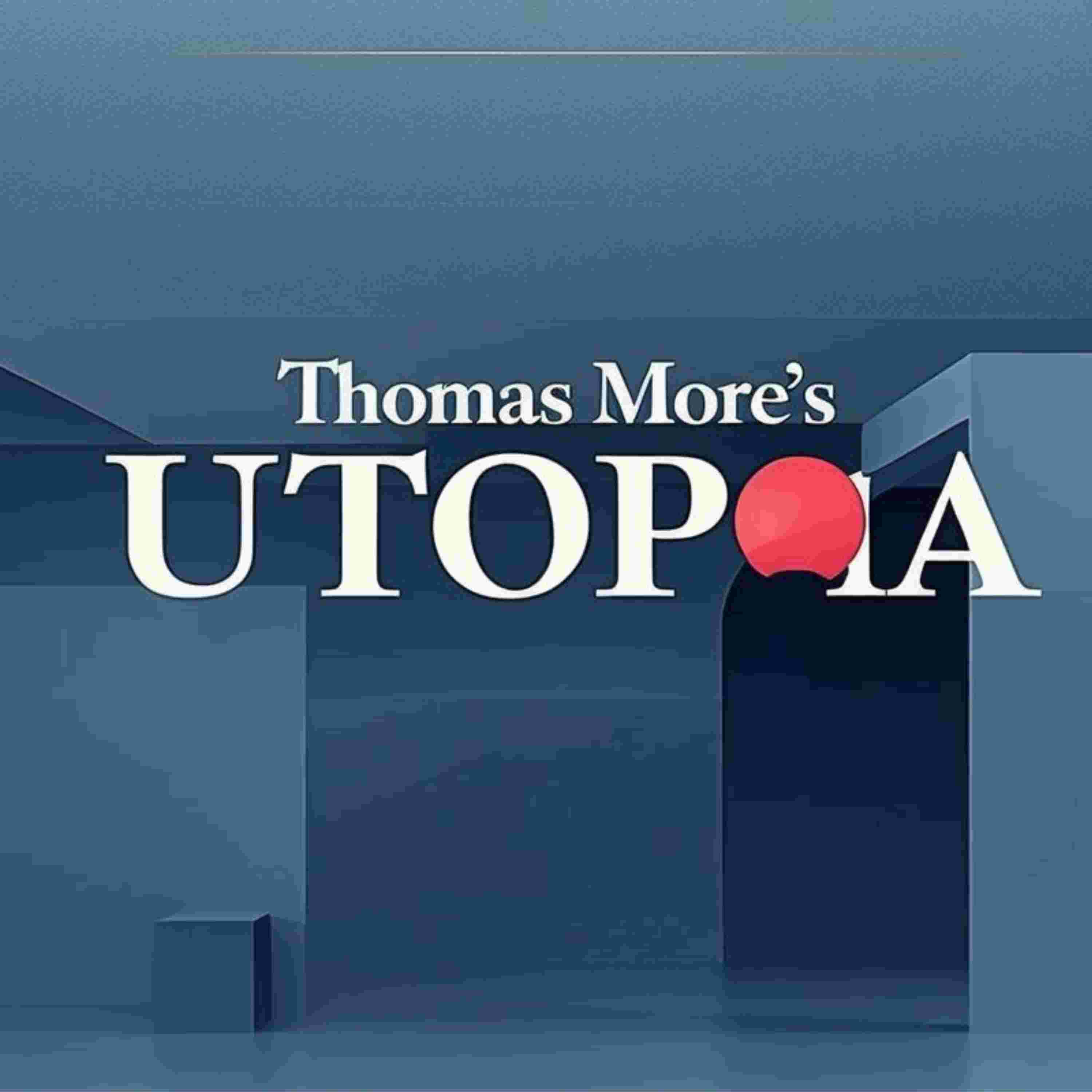

What would a perfect society look like? Is it an attainable dream or an impossible ideal? In this episode of Read & Reflect, we explore Utopia, the visionary work of Sir Thomas More that has captivated readers for over 500 years. More’s imagined island is a place of radical social organization, where private property is abolished, work is shared equally, and citizens live in harmony under strict, yet seemingly just, rules. But beneath its surface, is Utopia truly an ideal model—or is More challenging us to rethink our own world?
Through dramatic readings of key excerpts, we’ll examine the customs, politics, and philosophies that define Utopian life, from its communal economy to its unconventional approach to governance, religion, and family. We’ll also discuss the historical and cultural context that influenced More’s writing, the ways in which Utopia critiques the European society of his time, and its enduring impact on literature and political thought.
Finally, we’ll reflect on the broader significance of Utopia, comparing it to modern visions of ideal societies in fiction and real-world experiments in communal living. Does Utopia offer solutions for today’s world, or does it expose the flaws in any attempt to engineer perfection? Join us for an engaging discussion on one of the most thought-provoking books in literary history.